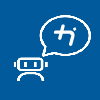As of winter semester 2024/25, THI charges service fees of 500 euros per semester for students from third countries (outside the EU and the EAA (European Economic Area) . If you have any questions, please go to Contact for prospective students
Please note: No service fees for exchange students, visiting students, participants of summer school!
General information on scholarship:
Financing your study programme might be a big challenge for you. On our homepage you find different opportunities of financing your academic studies at our university. Link:
Financial assistance
Please note that financial aid programmes are mostly not open to foreign students. For scholarships for students from abroad you may have a look here:
https://www.daad.de/deutschland/stipendium/datenbank/en/12359-finding-scholarships/
Public funding (BAföG) is only available to Germans and to EU citizens if they have spent a considerable part of their education in Germany. The university awards a scholarship called Deutschlandstipendium once a year which cannot fully cover living expenses. Additionally we have limited funds and support some international students for a maximum of one semester. Please do not actively approach the International Office on scholarships, once a year a call for application automatically reaches all international students.
Third party scholarship:
- If you are an applicant from abroad, you may qualify for a scholarship from the German Academic Exchange Service (DAAD): www.daad.de
- If you are a German students we recommend to research for suitable scholarships on www.mystipendium.de
- Please note that we cannot offer any guidance or support concerning scholarship applications.
We recommend that single students budget at least 700-900 EUR per month to meet personal expenses (accommodation, health insurance, stay, books, semester contribution)


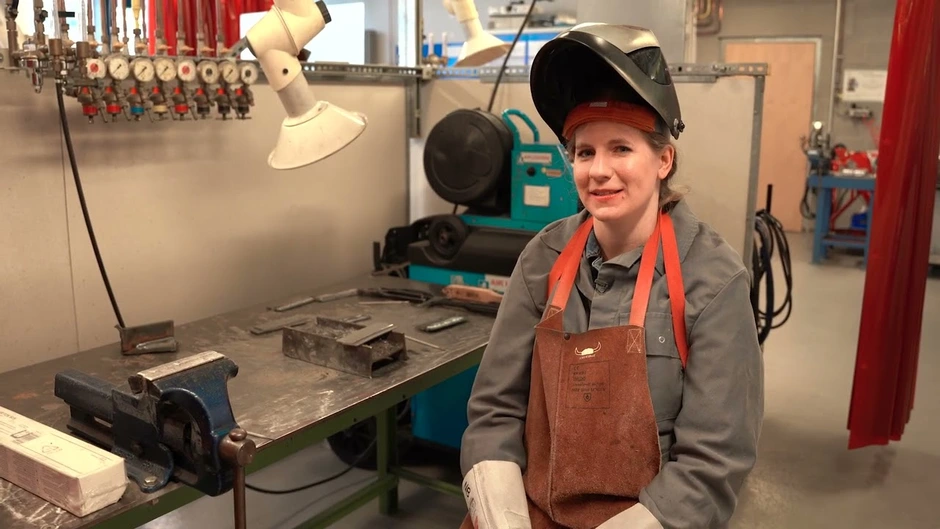
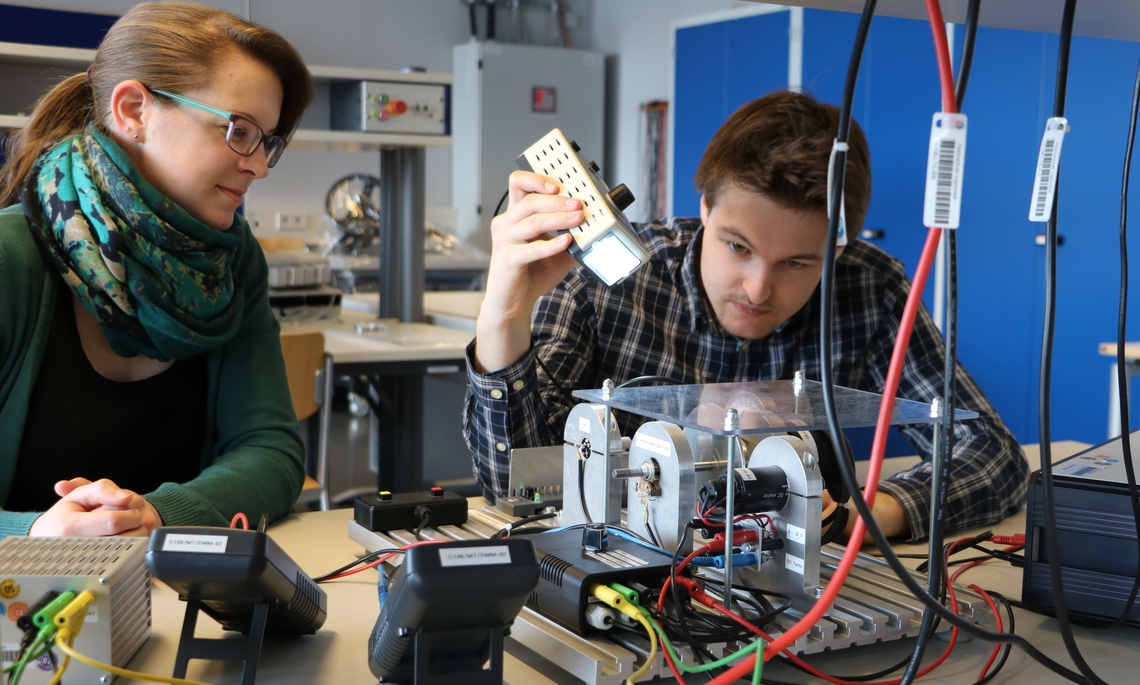
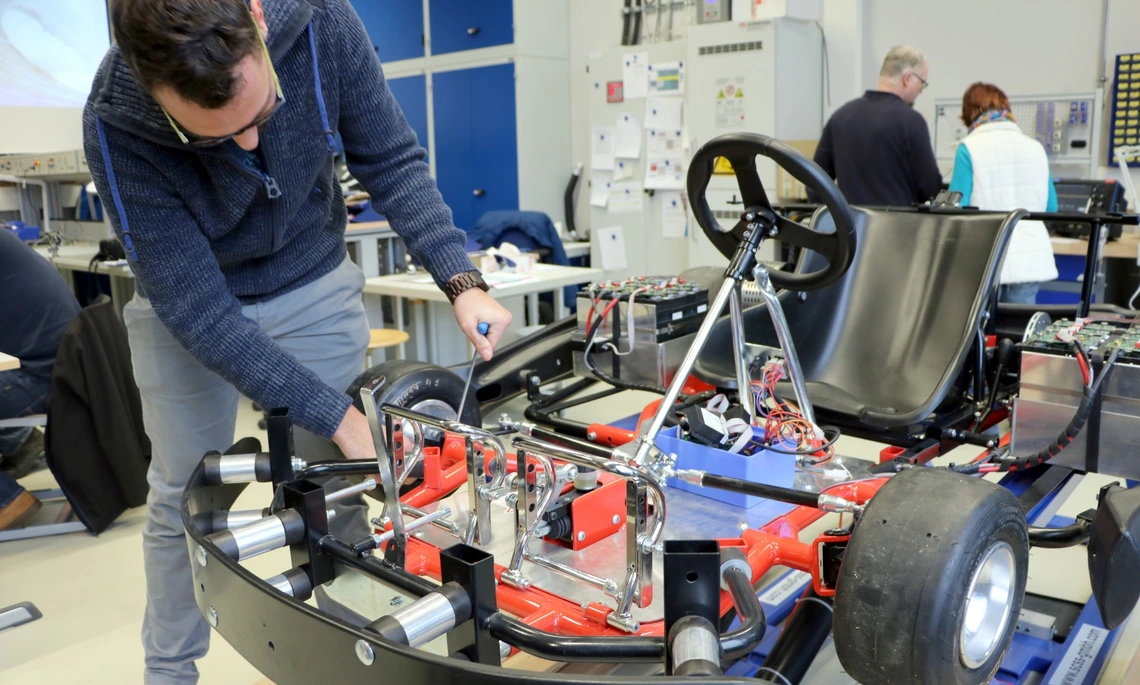
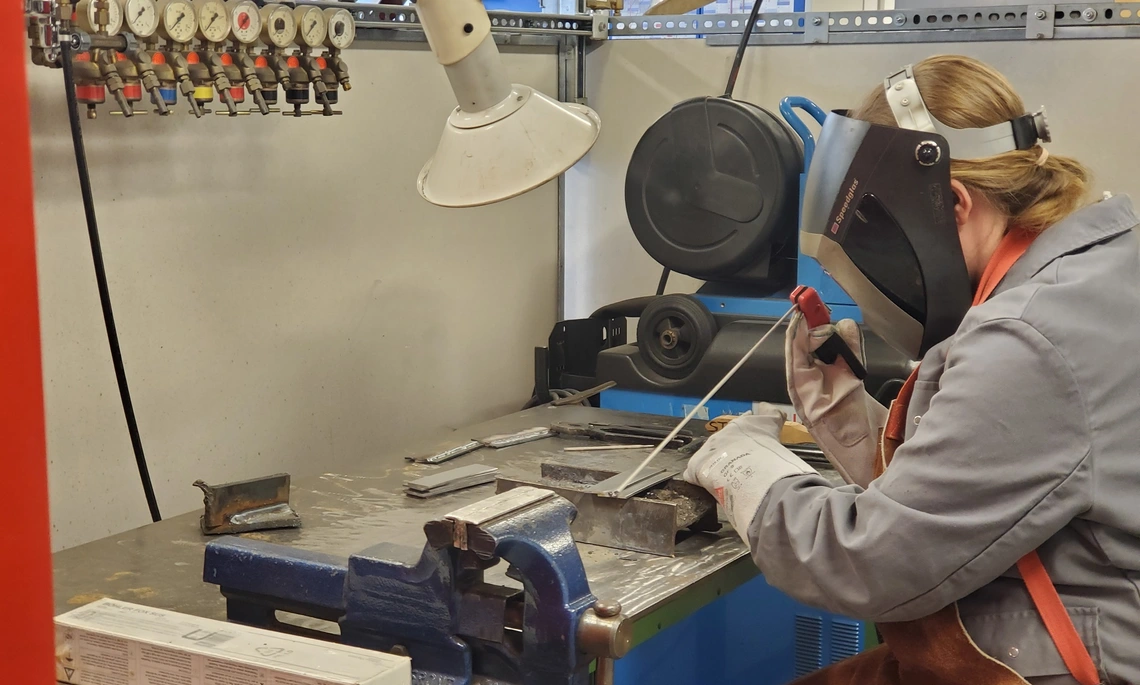
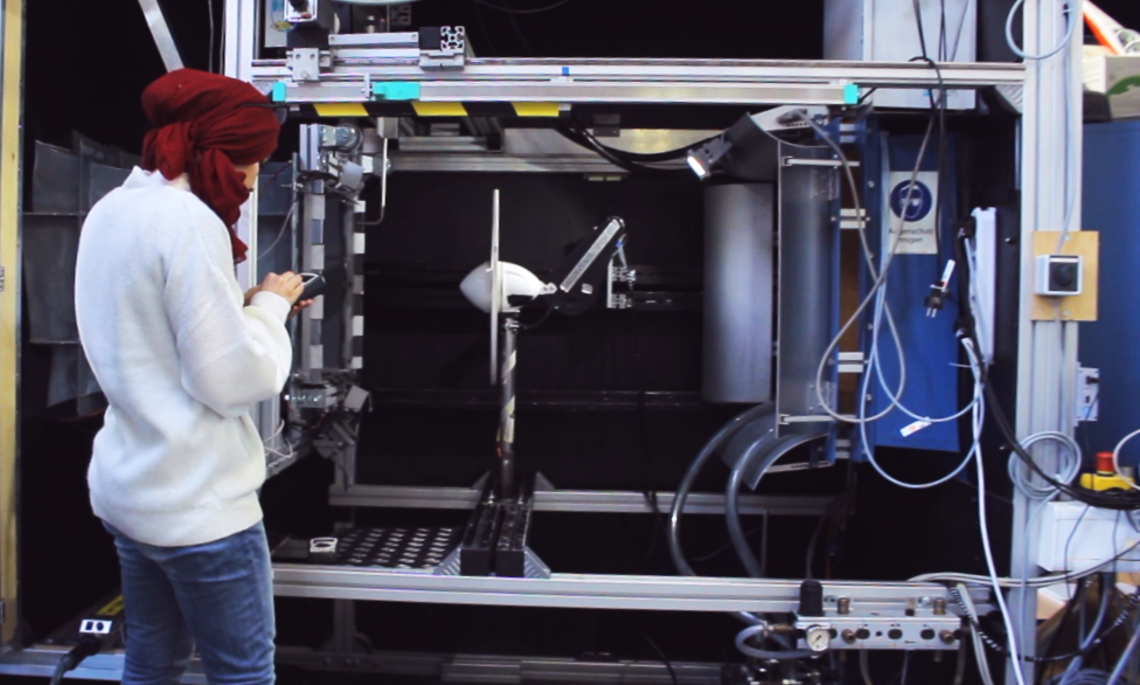
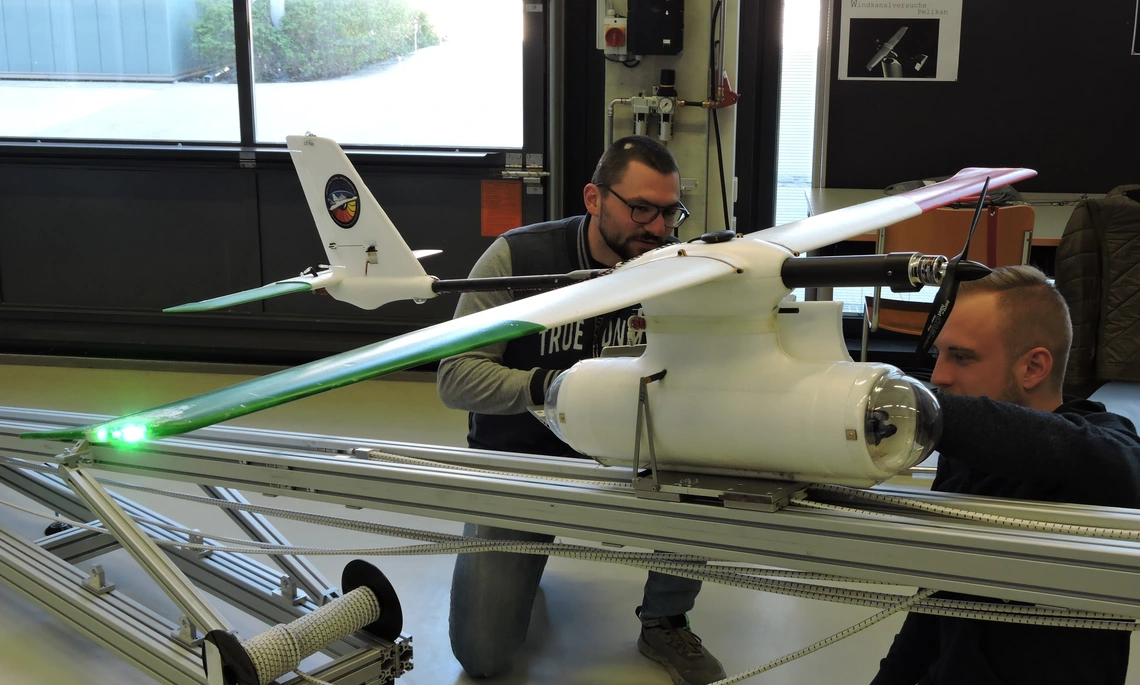
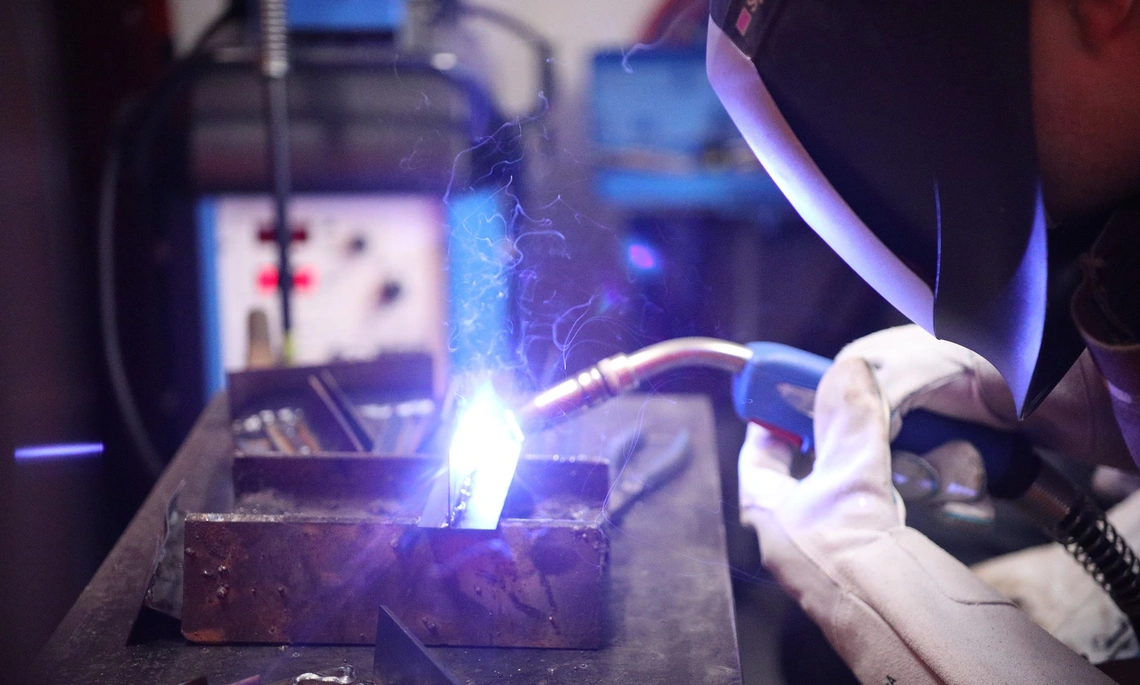
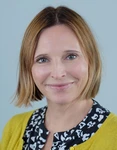

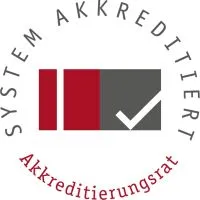
![[Translate to English:] Logo Akkreditierungsrat: Systemakkreditiert](/fileadmin/_processed_/2/8/csm_AR-Siegel_Systemakkreditierung_bc4ea3377d.webp)








![[Translate to English:] Logo IHK Ausbildungsbetrieb 2023](/fileadmin/_processed_/6/0/csm_IHK_Ausbildungsbetrieb_digital_2023_6850f47537.webp)



